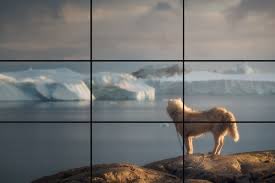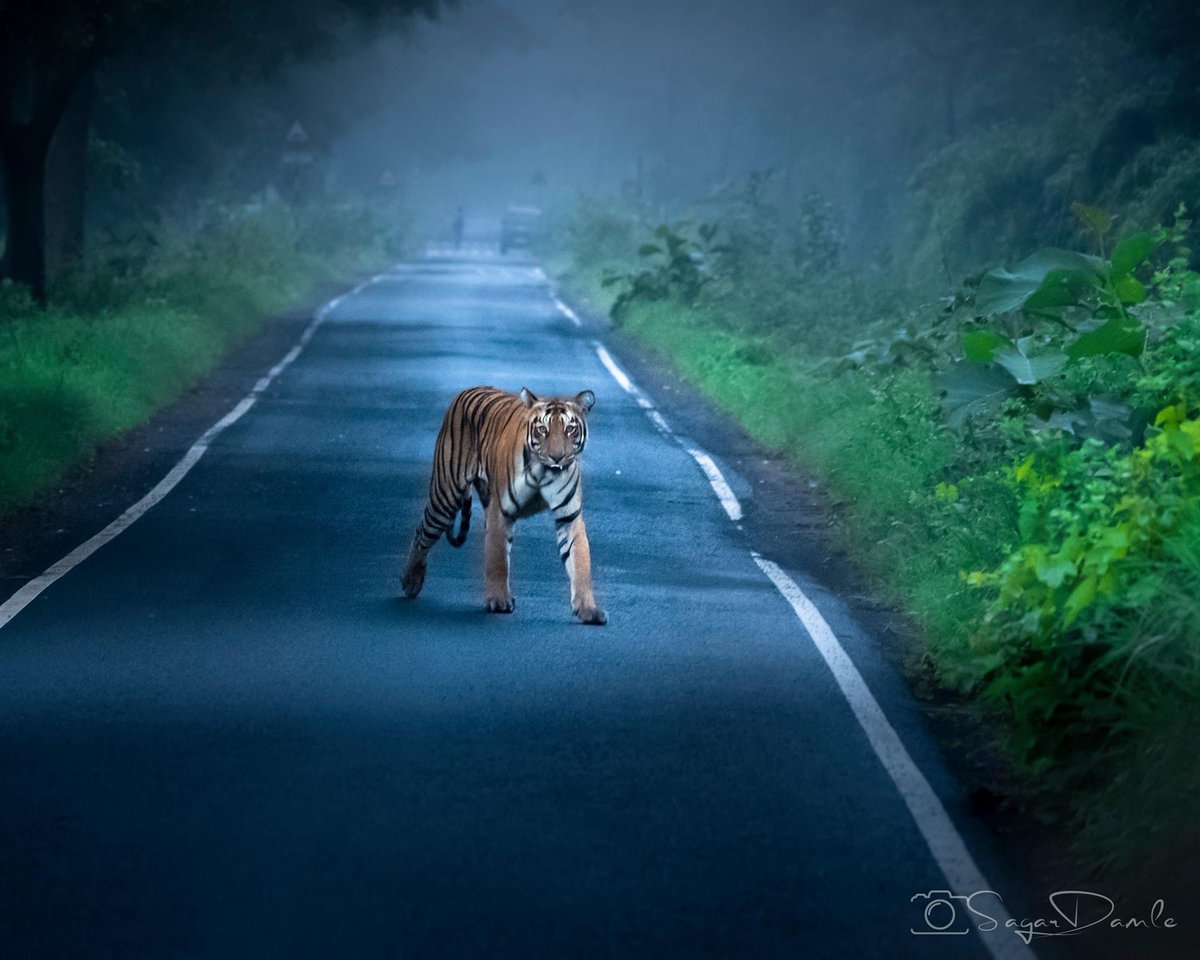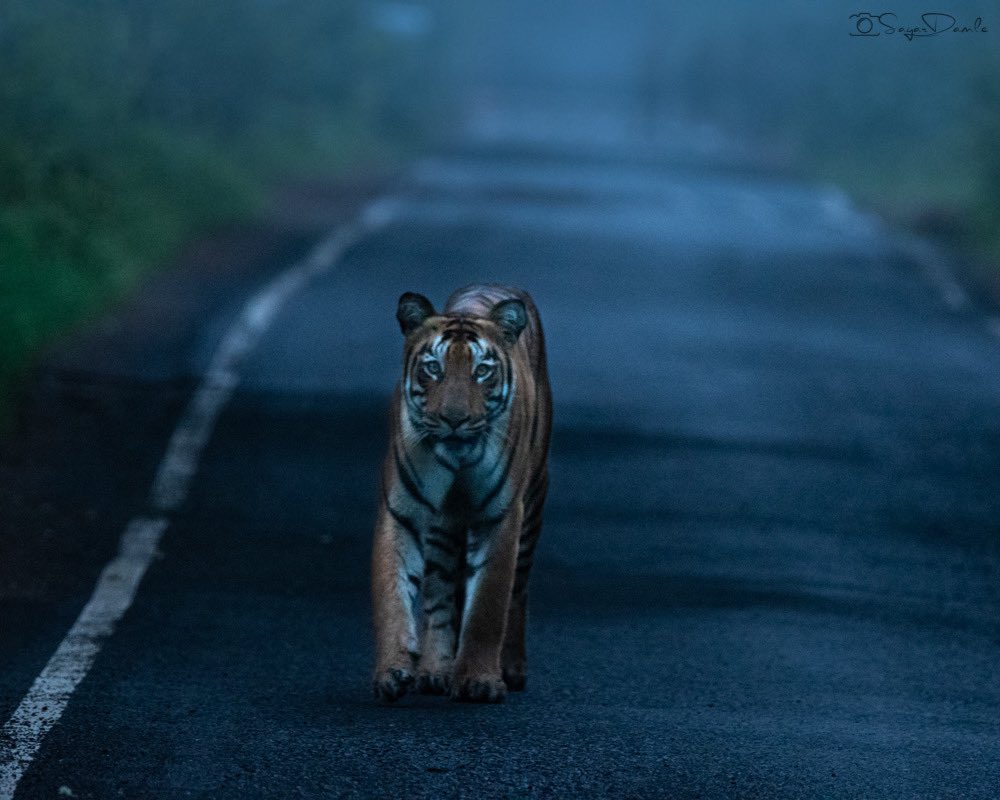
#Thread
These photography tips are for absolutely everyone. It doesn’t matter if you shoot from DSLRs or mobiles or any other type of camera.
Lets talk about the most important aspect of photography- Composition.
👇
These photography tips are for absolutely everyone. It doesn’t matter if you shoot from DSLRs or mobiles or any other type of camera.
Lets talk about the most important aspect of photography- Composition.
👇
The composition of your photograph impacts the way it’s perceived by others. Composition is nothing but what you choose to fit inside the frame and what you leave out, where to position each element and so on, you’re capturing a scene with your unique vision.
We are instinctively attracted to images with a good composition.
Why?
Because we find them harmonious or interesting!
Over the past few decades the photographers have created some basic guidelines for composition.
Below are some of them..
Why?
Because we find them harmonious or interesting!
Over the past few decades the photographers have created some basic guidelines for composition.
Below are some of them..
The rule of thirds.
The rule of thirds grid is formed by four lines – two vertical and two horizontal – placed at an equal distance from each other and the photo edges (so the frame is divided into thirds)
DSLRs including the one on your smartphone, have a rule of thirds grid.

The rule of thirds grid is formed by four lines – two vertical and two horizontal – placed at an equal distance from each other and the photo edges (so the frame is divided into thirds)
DSLRs including the one on your smartphone, have a rule of thirds grid.


It’s a guideline stating that you should position compositional elements along your gridlines – and that the focal point of your composition should sit at one of the gridline intersection points.
You can follow this rule in both portrait and landscape orientation, and it works for all types of photography. For example, if you are doing a full-body portrait, you should often place the subject toward one of the gridlines and not in the center.
When you’re photographing a landscape, you should put the horizon toward the top or bottom third of the image and never in the middle. 



Note that the rule of thirds is a guideline, not a true rule. Once you’ve mastered it, I recommend trying to violate it with other concepts. However, 99% of the time this rule never gets you wrong. I only break this rule when I have to get a symmetry.
Now lets talk about one more very interesting concept- Leading Lines.
Leading lines direct the viewer through the image.
Leading lines direct the viewer through the image.

When you read a text in English, you automatically start at the top left. Then you continue toward the right till the end of the line.
Similarly, when we see an image, your eye goes from one element to the next –in order to view details and understand the story that’s being told.
Similarly, when we see an image, your eye goes from one element to the next –in order to view details and understand the story that’s being told.

Leading lines can be present or implied, and they can be straight or curved. For example, a leading line can be a curvy road getting lost in the mountains. This will compel viewers to follow the road, pulling them into the image. 





Now lets talk about everyone’s favourite- Symmetry.
In photography symmetry appears when parts of your composition mirror other parts. It is created when two halves of your scene look the same and balance each other out.


In photography symmetry appears when parts of your composition mirror other parts. It is created when two halves of your scene look the same and balance each other out.



Now the most important. BACKGROUND!
The background is what sets the stage for your entire composition.
An effective background will add to the story, providing valuable information about your setting, and helping to dramatically enhance your photo.
The background is what sets the stage for your entire composition.
An effective background will add to the story, providing valuable information about your setting, and helping to dramatically enhance your photo.
You should focus on the background as much as you do the subject. After all, the background is part of your picture, and is often what will make the difference between a snapshot and a powerful composition.
Before each shot, you should examine the entire scene and make sure that nothing in the background can have a negative impact on the photo. Imagine a beautiful portrait with a garbage bin in the background. Bad isn’t it!
There are many more rules of composition like colour, texture, shape, contrast, the rule of space, rule of odds etc. But the above 3 are good to go for a few years till each one of you reading this becomes a pro 😊.
Your first 10000 photos are your worst. Get there soon!
Your first 10000 photos are your worst. Get there soon!
Do check my gallery on Instagram- instagram.com/wildshots_saga…
• • •
Missing some Tweet in this thread? You can try to
force a refresh










